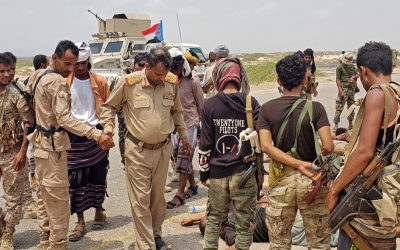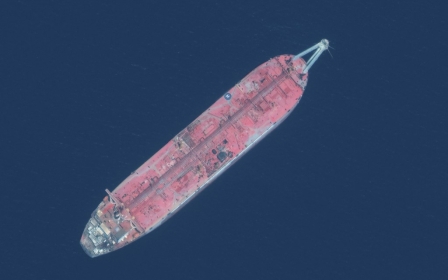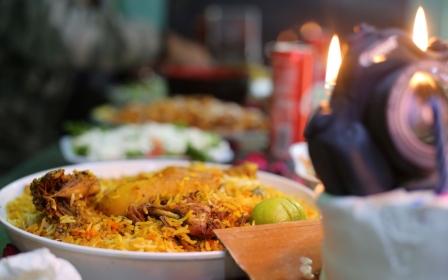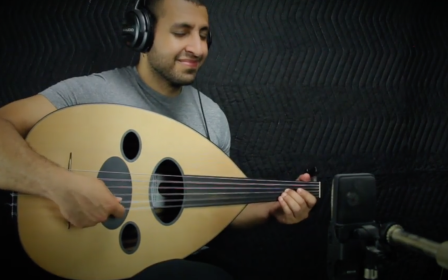Yemen's truce collapses, battles break out and civilians lament lost peace
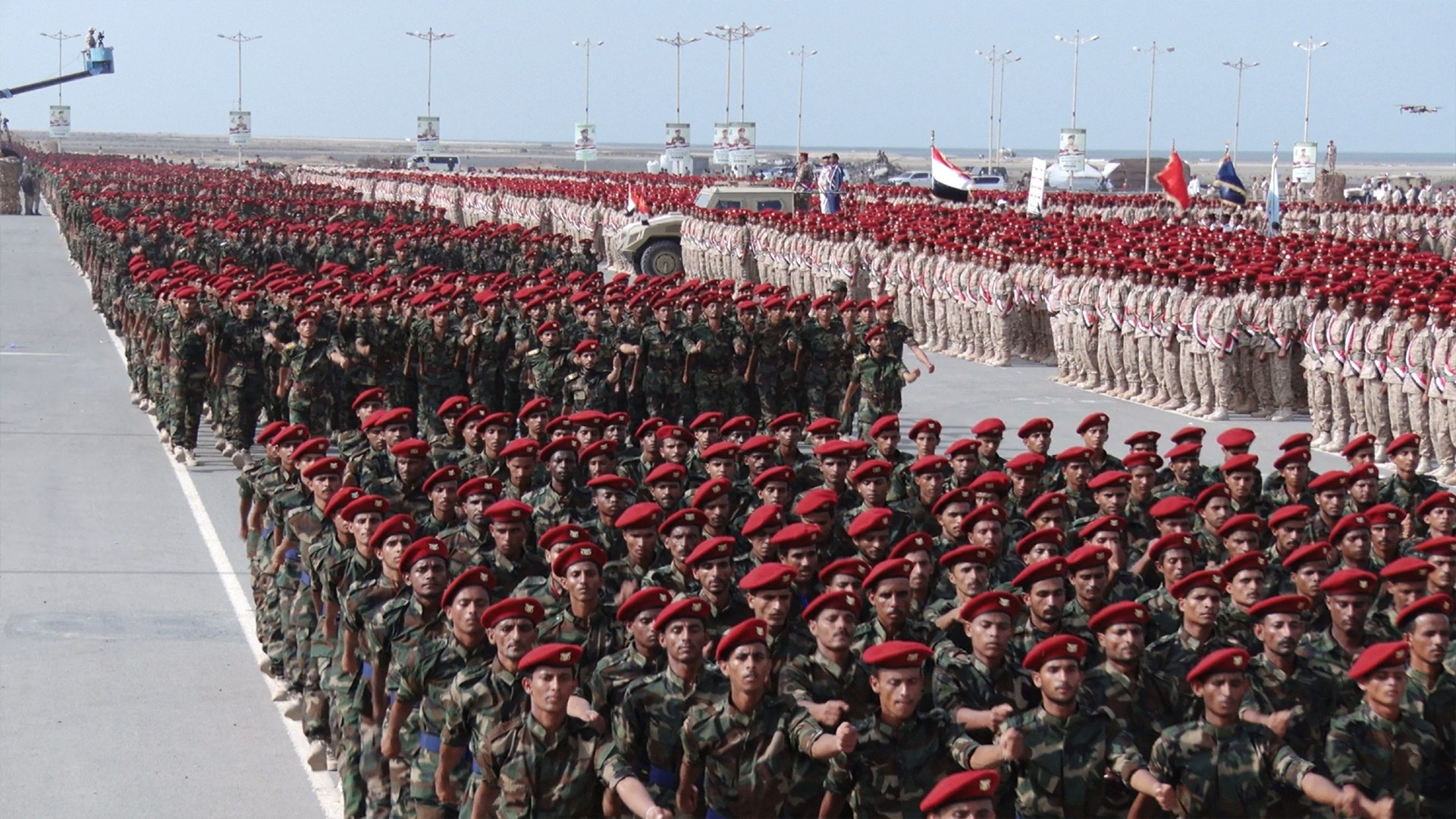
Sunday night was one of the toughest endured by Yemenis for months, as they waited for the news that the truce between their country’s warring parties had been extended. They were left disappointed.
As the deadline passed, minds began to wander. Would the boom of relentless air strikes become commonplace again? Will the availability of fuel get even worse? What will happen to our sons on the frontlines?
They would soon hear that clashes and shelling resumed across the country, including Taiz, Marib and al-Dhale.
Yemen’s truce between the Houthi movement and forces loyal to the Yemeni government was brokered in April and immediately raised hope that a negotiated route out of the eight-year conflict could be found. Initially agreed for two months, the deal was renewed twice.
The agreement stood on three pillars: reopening Sanaa airport for commercial flights; allowing fuel ships to dock in Hodeidah; and working towards reopening roads in Taiz and other provinces.
New MEE newsletter: Jerusalem Dispatch
Sign up to get the latest insights and analysis on Israel-Palestine, alongside Turkey Unpacked and other MEE newsletters
'We enjoyed peace, and they were the best months since the war broke out'
- Abdulrahman Khalid, Taiz resident
In the end it was that last foundation that proved to be the agreement’s undoing.
Abdulrahman Khalid, a resident of Taiz city, told Middle East Eye that - despite the Houthi movement refusing to open the city’s roads - the ceasefire brought a much-needed moment of respite.
“It is true that during the last six months of the truce there were some violations by warring parties, but we enjoyed peace, and they were the best months since the war broke out in our city,” he said.
“We hoped a new extension would lead to reopening roads to Taiz, but we were shocked to hear about the truce’s failure.”
People in Taiz realised the truce had failed long before any official announcement was made: “Last night the clashes resumed on different frontlines around the city and most Taiz residents heard that,” said Khalid.
The fear that accompanies the resumption of hostilities kept Khalid up all night.
“Those who are against the truce can come to spend a week near frontlines and they will know how we are suffering,” he said.
Al-Dhale heats up
The United Nations estimates that around 380,000 people have died as a result of Yemen’s conflict, which in 2015 drew in a Saudi-led coalition that has pummelled the country with air strikes and locked it under a strict blockade, in an attempt to roll back Houthi gains.
Before the truce was agreed, fighting was particularly hot in Yemen’s southwestern al-Dhale province, and it’s no surprise that those frontlines have become the most active again in recent hours.
Al-Dhale resident Ahmed is praying for the guns to fall silent again.
“We aren’t sure if the clashes last night were only by chance or if they will continue in coming days,” he told MEE, using a pseudonym for security reasons.
“People near the frontlines were happy during the last six months, because there were no real threats, and they weren’t forced to flee their homes or be killed. But ending the truce brings this threat back.”
The April truce came after some of the most bitter fighting the war had seen. The Houthis, an Iran-aligned movement that expelled the government in 2014 and still holds significant urban centres including the capital Sanaa, were pushing to take Marib, a strategic central city.
Yet pro-government forces were able to hold out, and after reorganising, staged a counteroffensive that pushed the Houthis out of Shabwah to the south, a significant reversal.
Danger is not limited to Yemen alone. The Houthis have staged drone and missile attacks on Saudi Arabia and the UAE, and on Sunday threatened to do so again.
"The [Houthi] armed forces give oil companies operating in the UAE and Saudi Arabia an opportunity to organise their situation and leave," Houthi military spokesman Yahya Saree tweeted.
Middle East Eye delivers independent and unrivalled coverage and analysis of the Middle East, North Africa and beyond. To learn more about republishing this content and the associated fees, please fill out this form. More about MEE can be found here.


